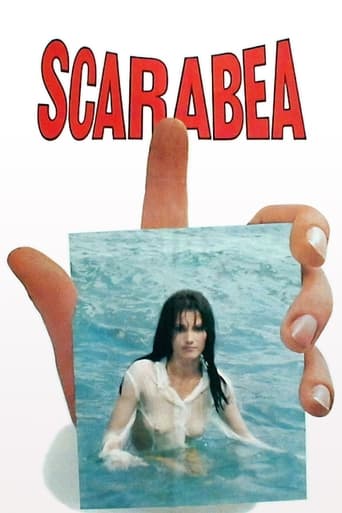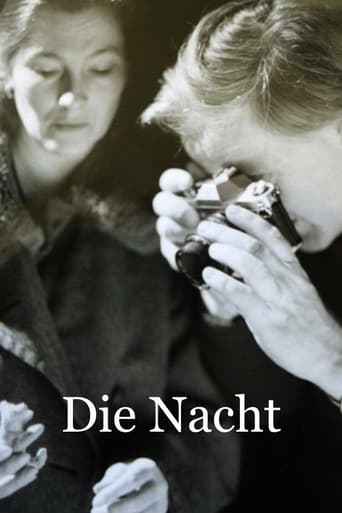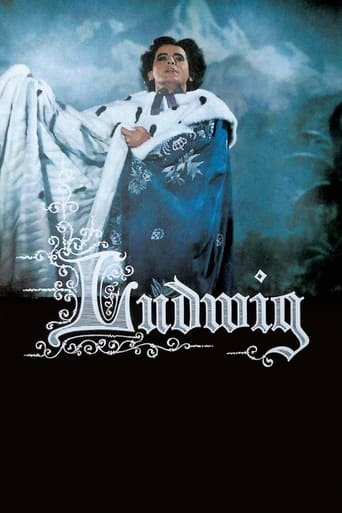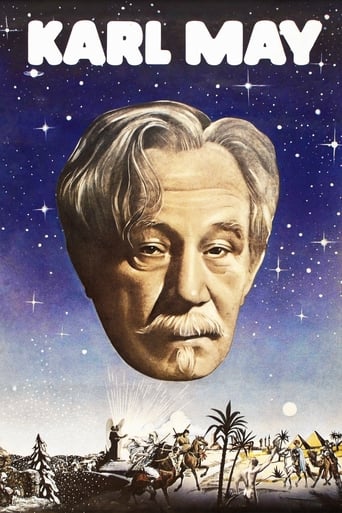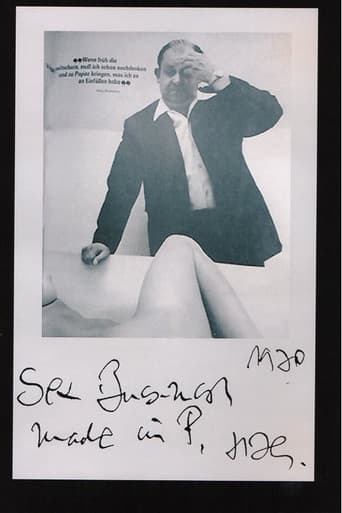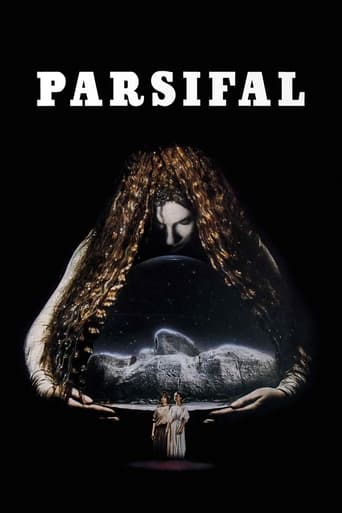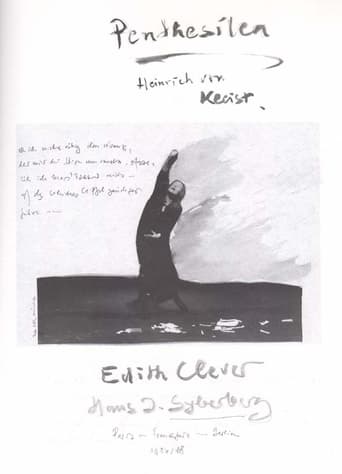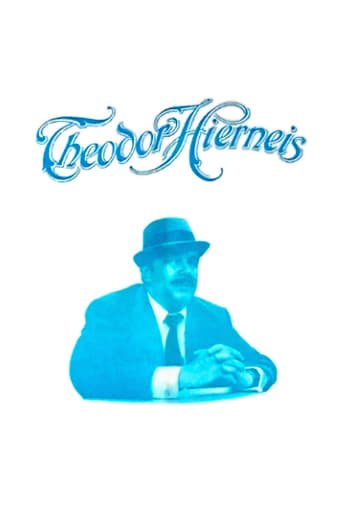Scarabea – How Much Land Does a Man Need? 1969
A Teutonic lecher on vacation has a wager with some local peasants that he can't make a walking circle from sunrise to sunset to secure some coveted land. The middle-aged businessman embarks on his journey only to be slowed down by the beautiful reporter Scarabea. With thoughts of drunkenness and sex on his warped mind, the man tries to circumnavigate the parcel of property. The story is a retelling of an ancient folk tale told by Tolstoy where the initial victim bets his soul to Satan against the land he desires.
